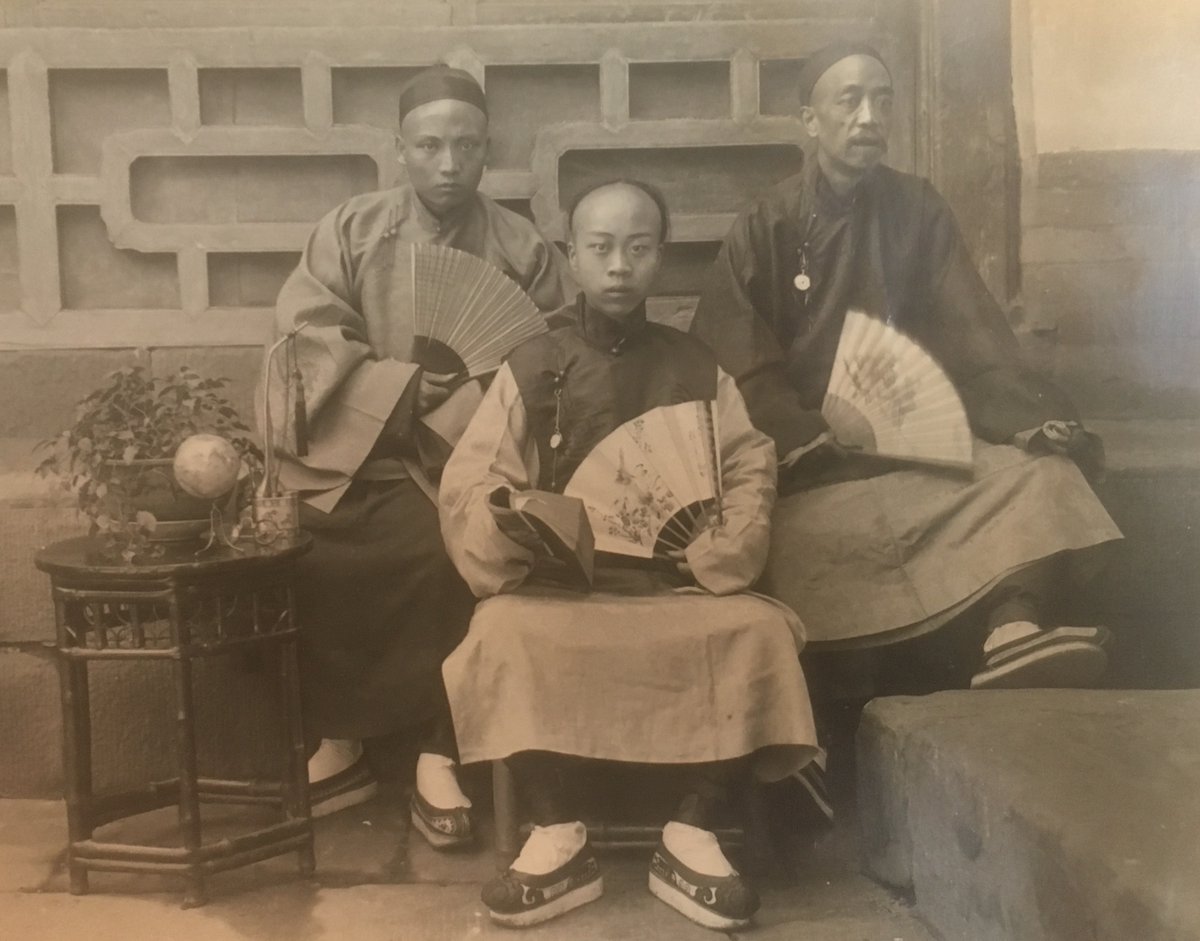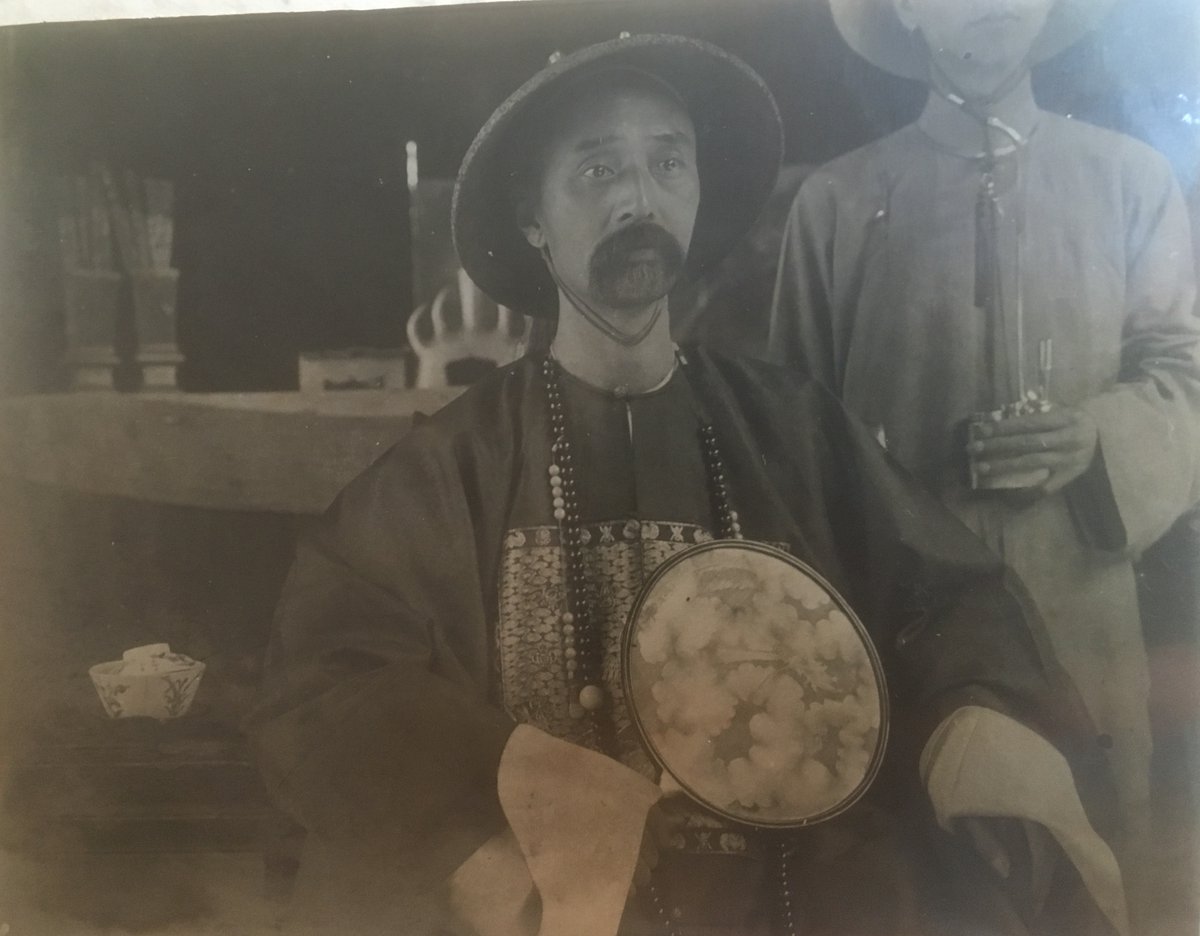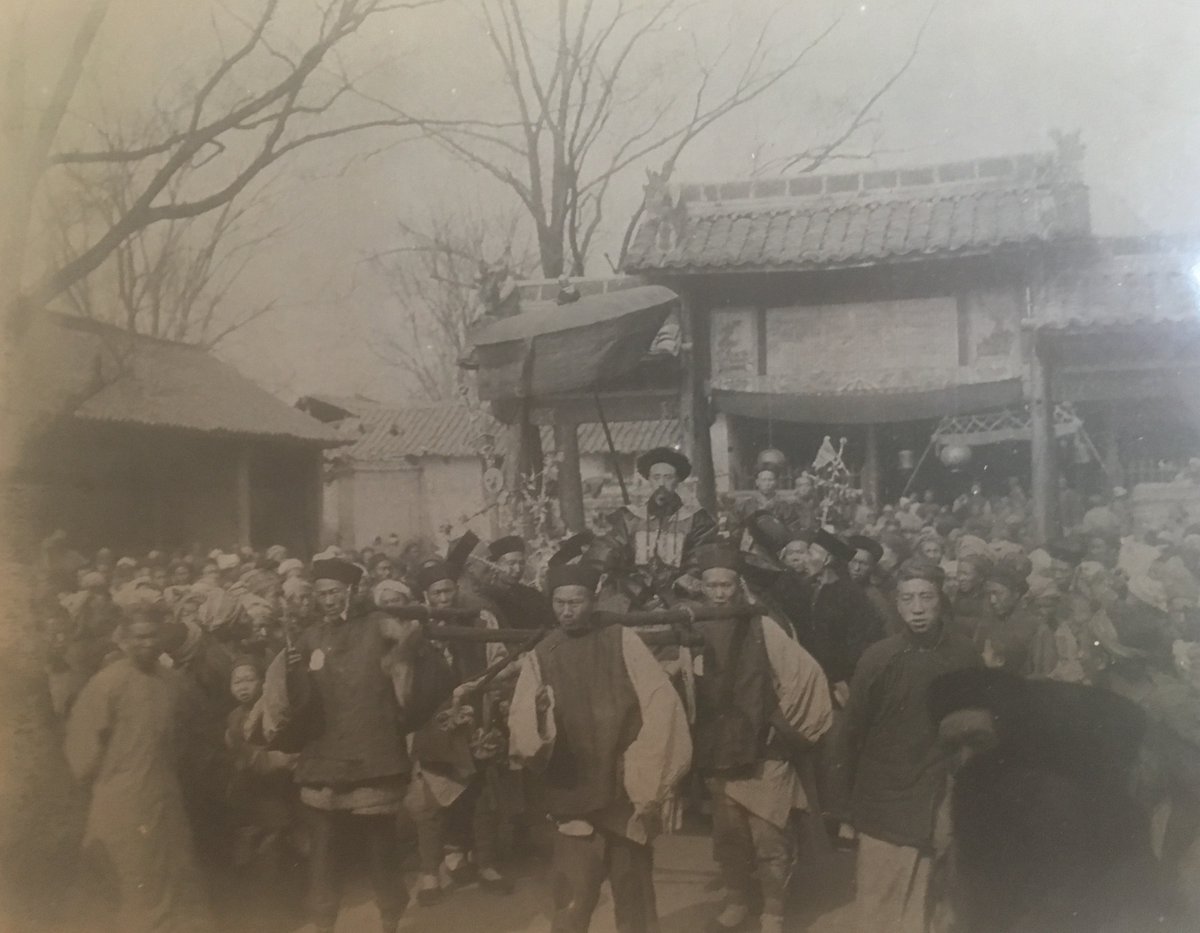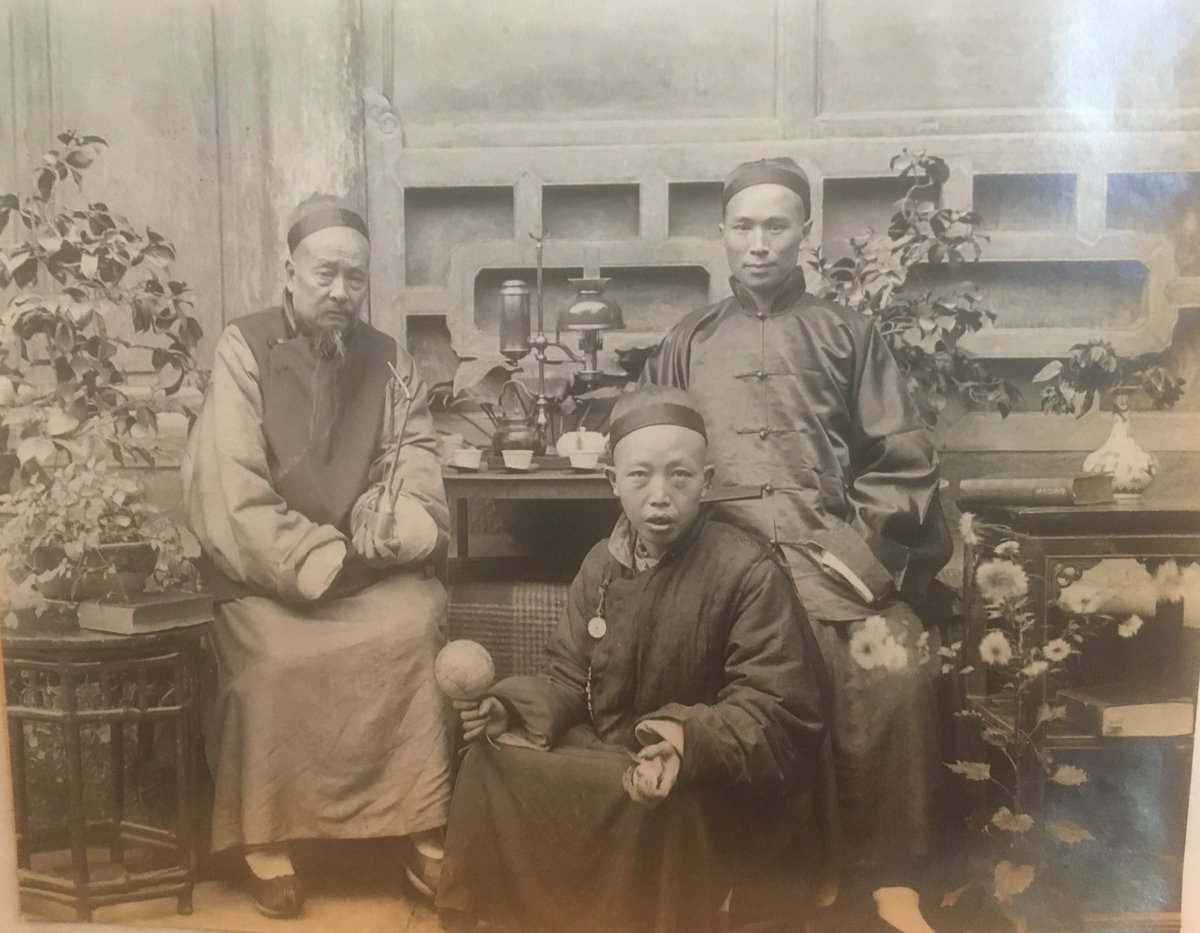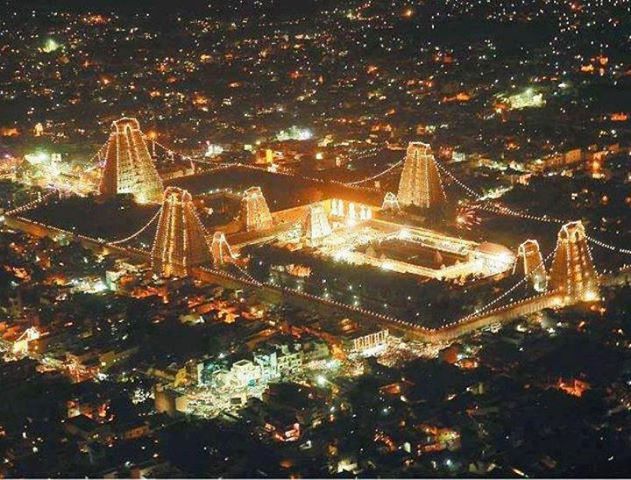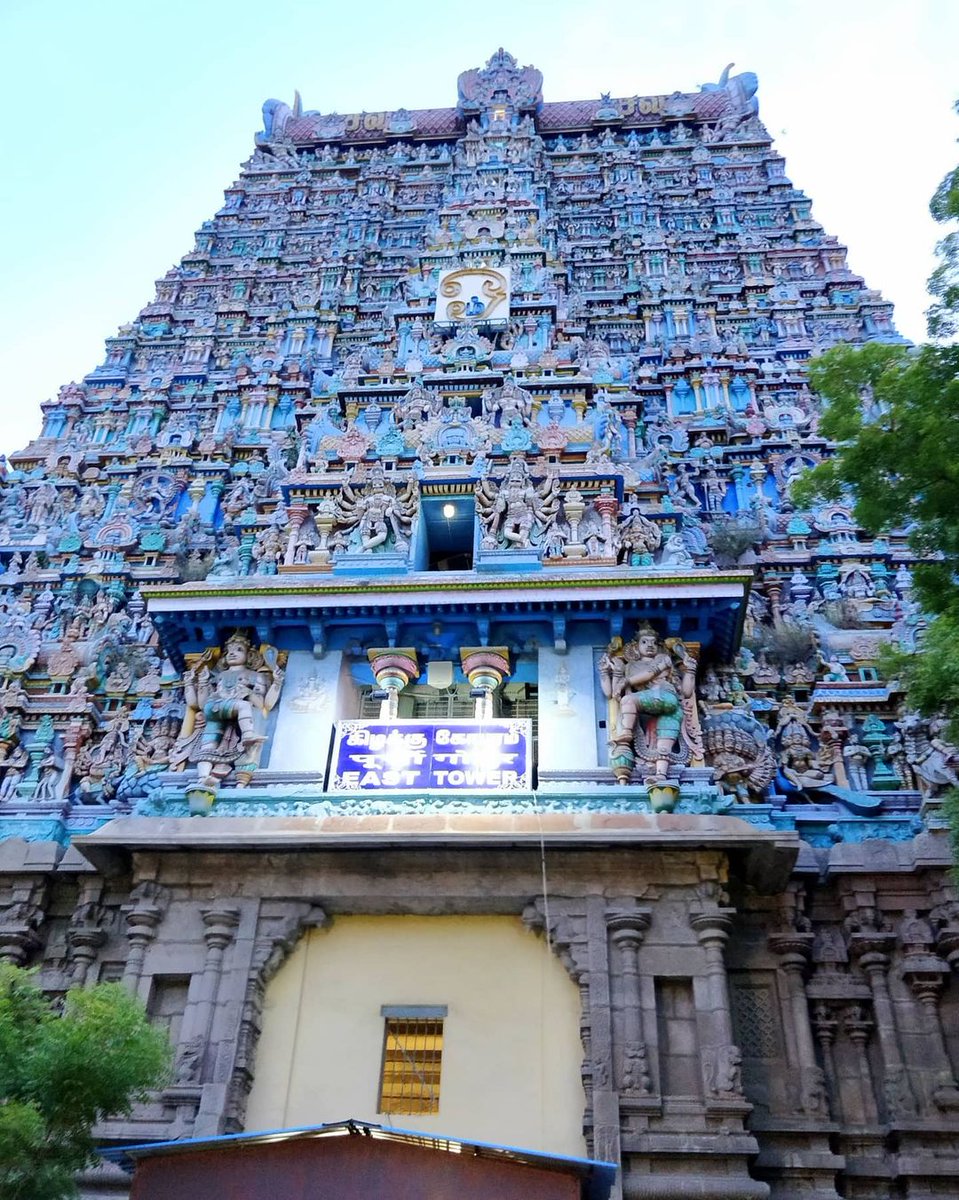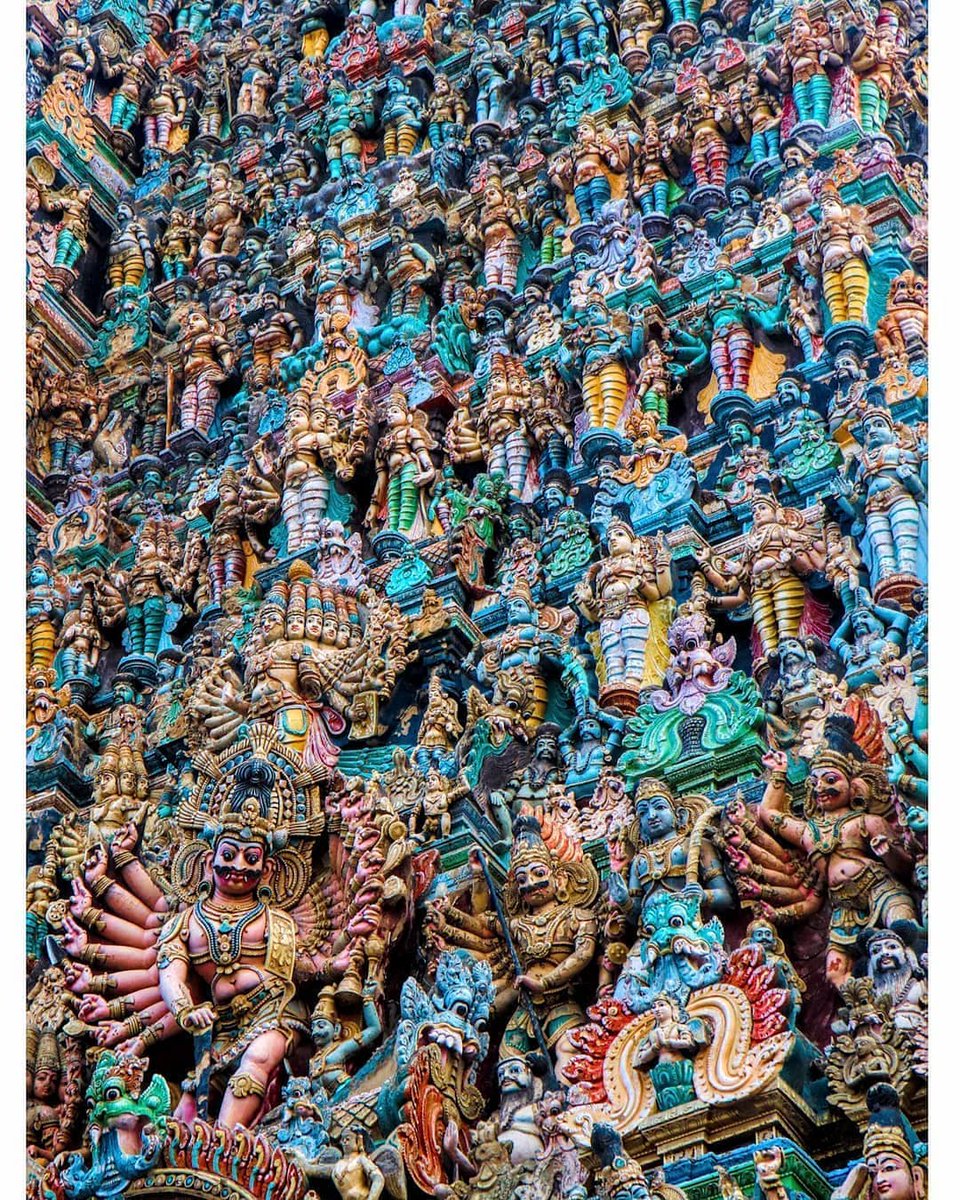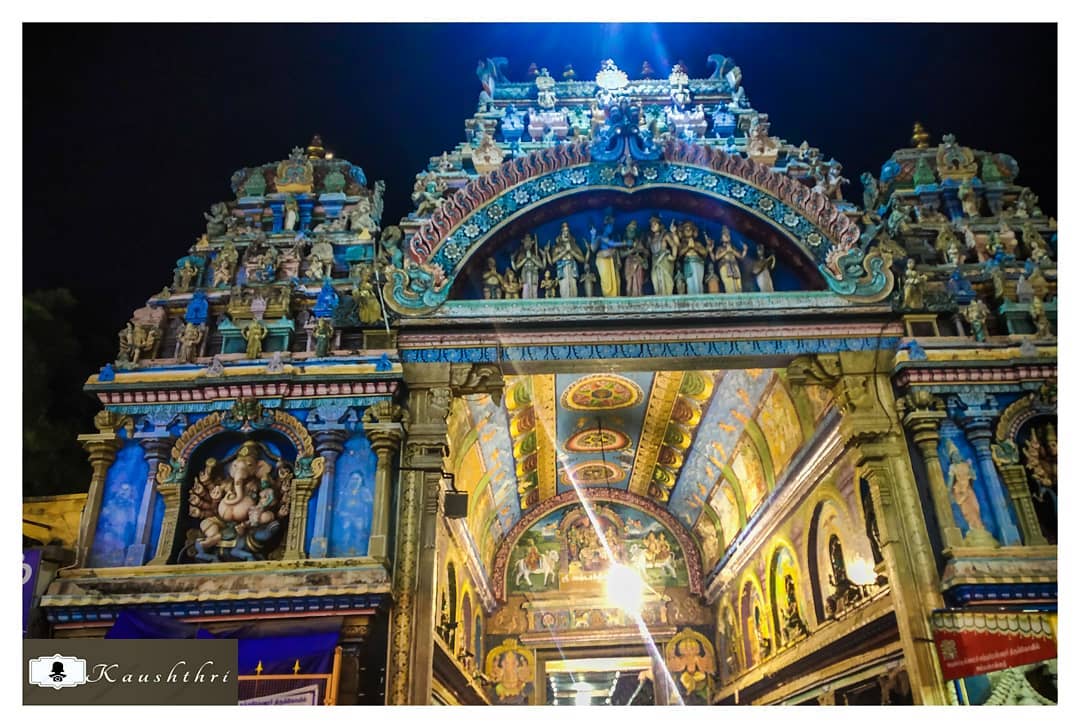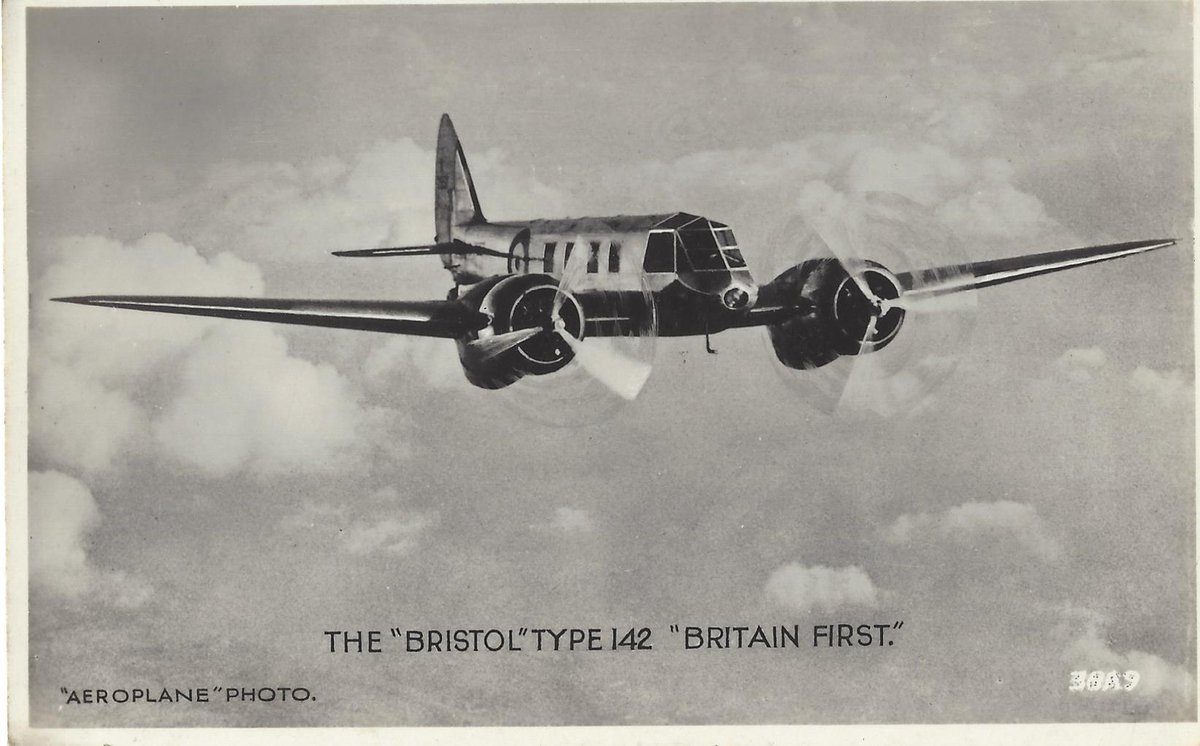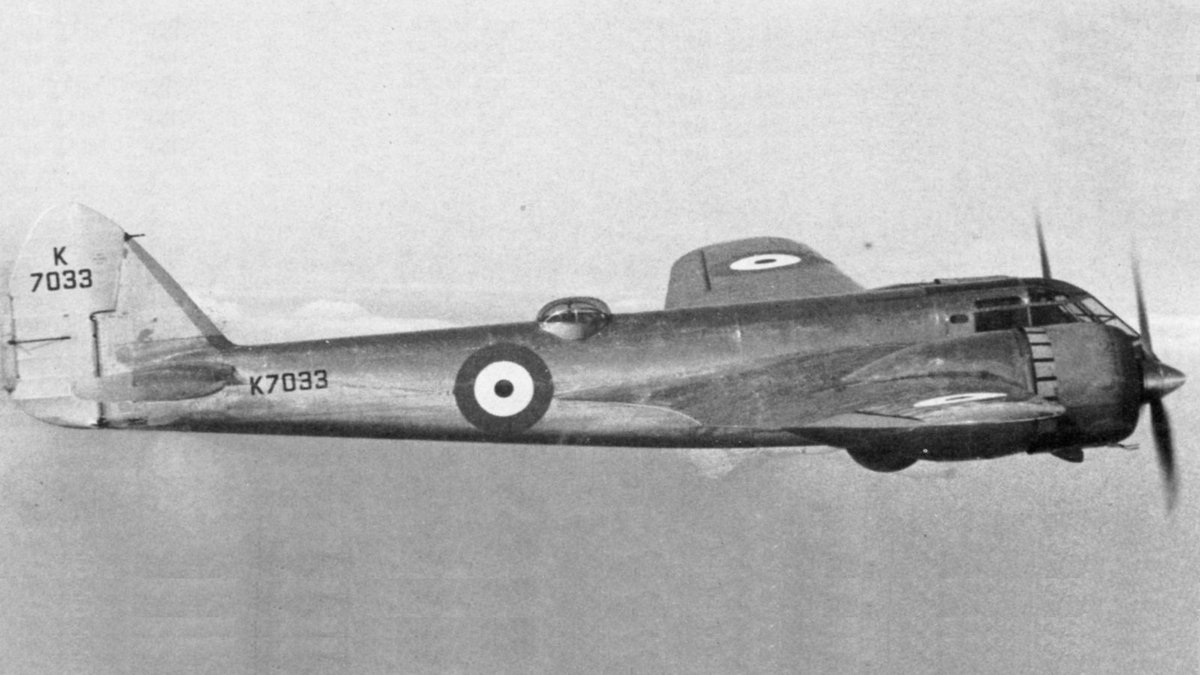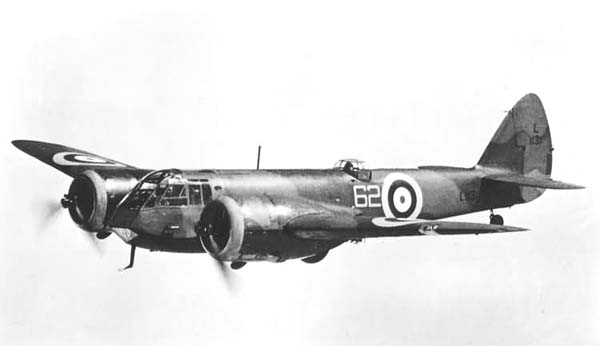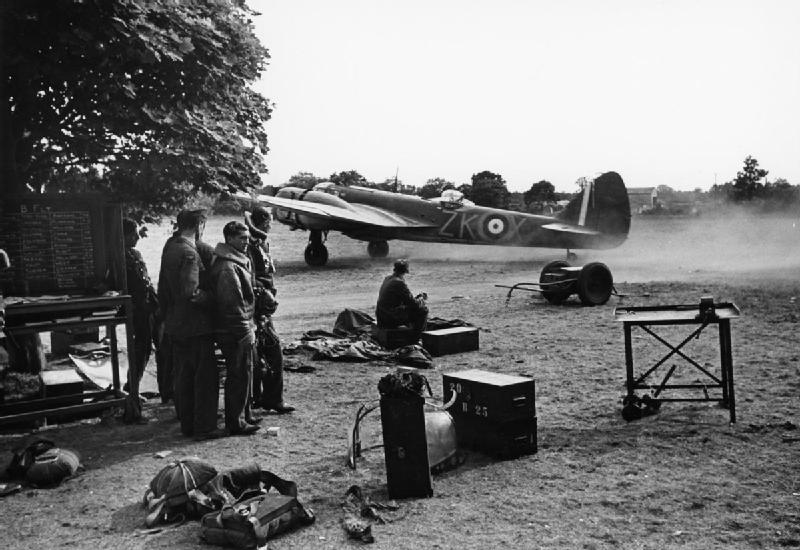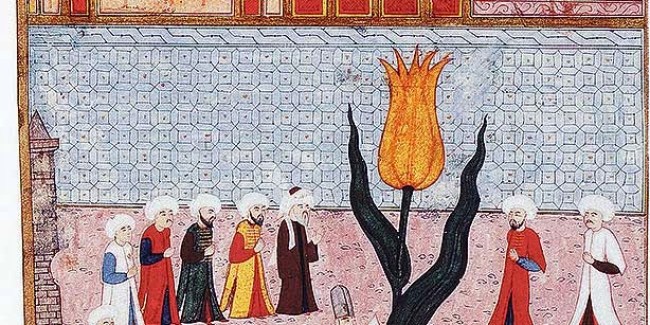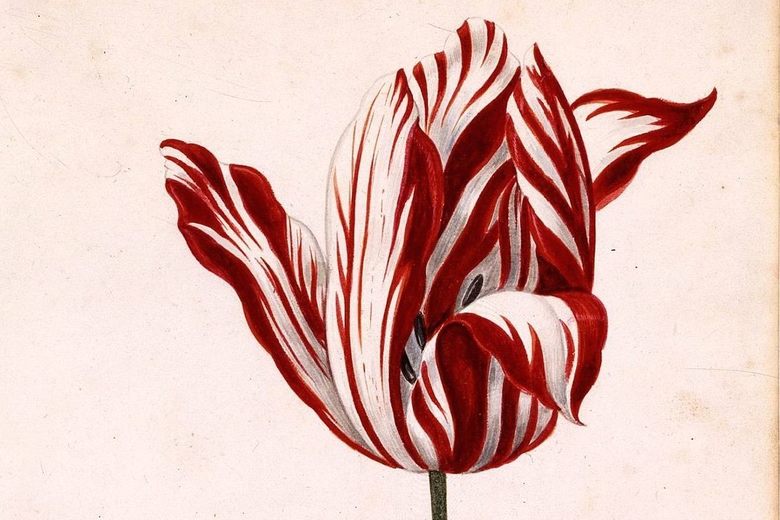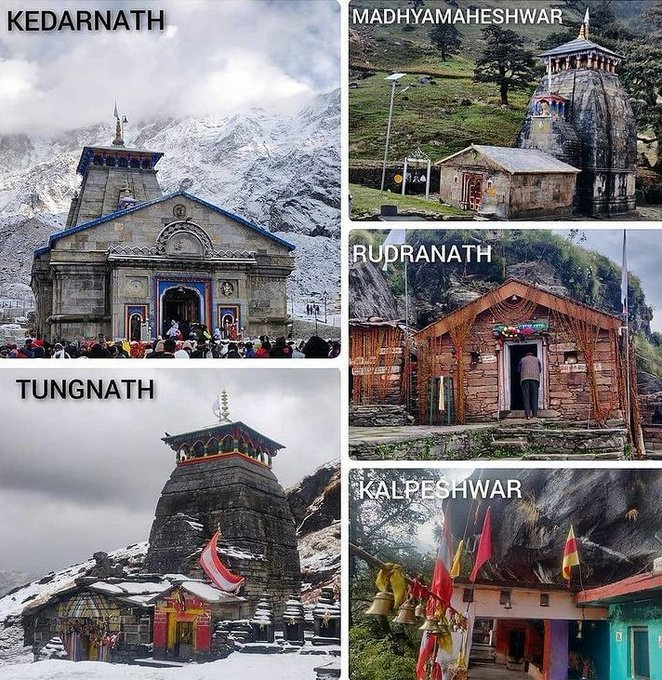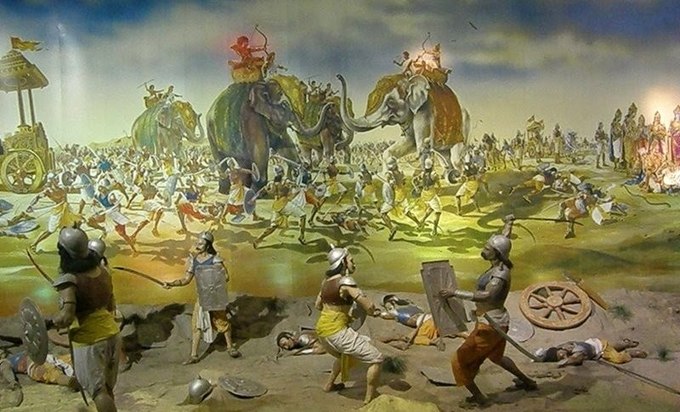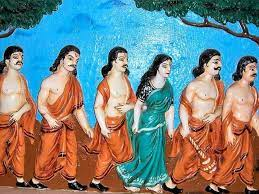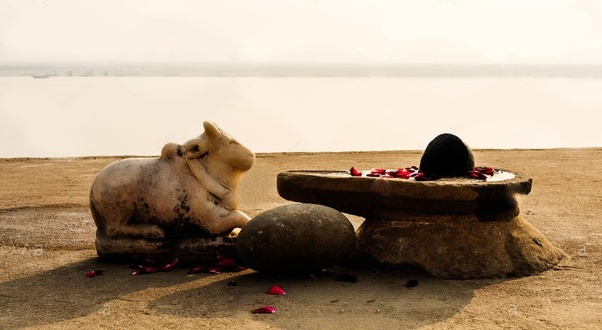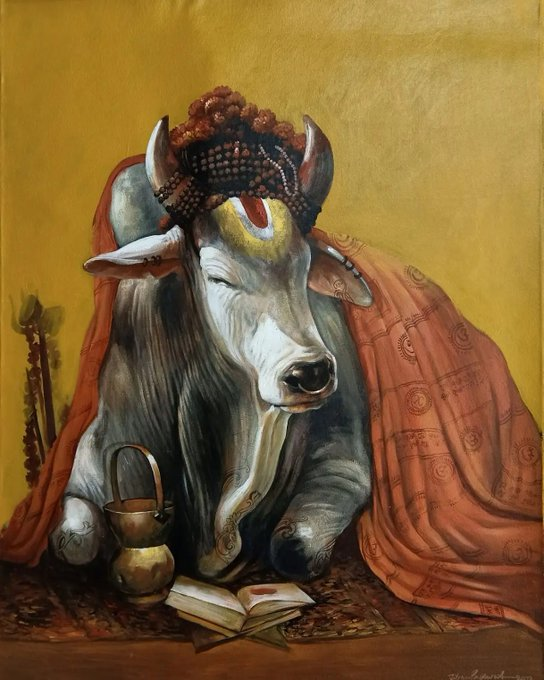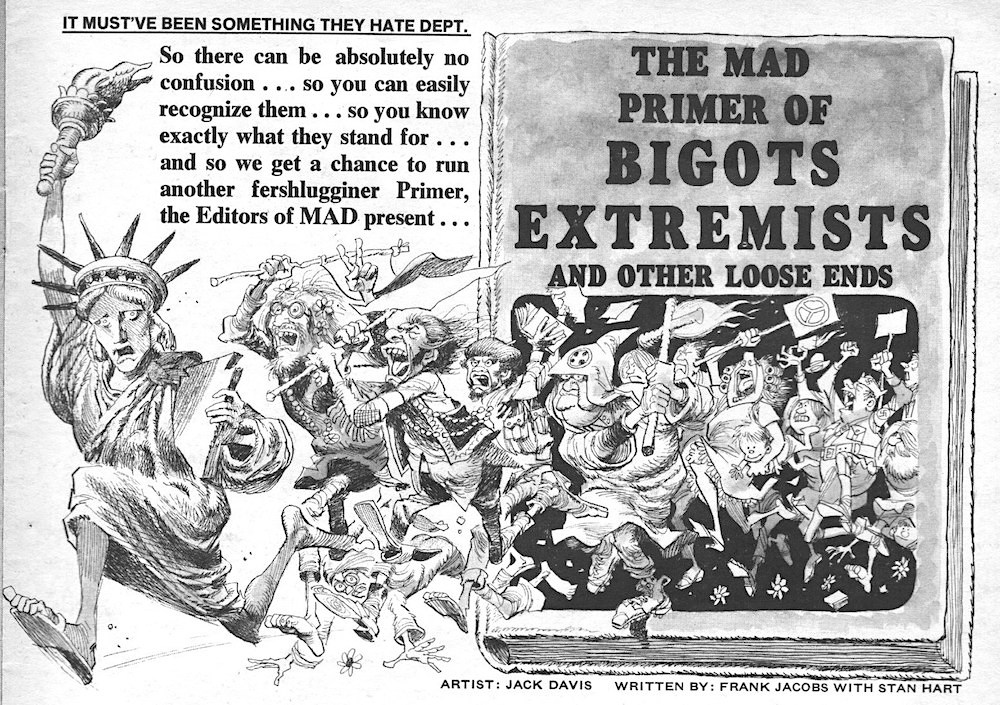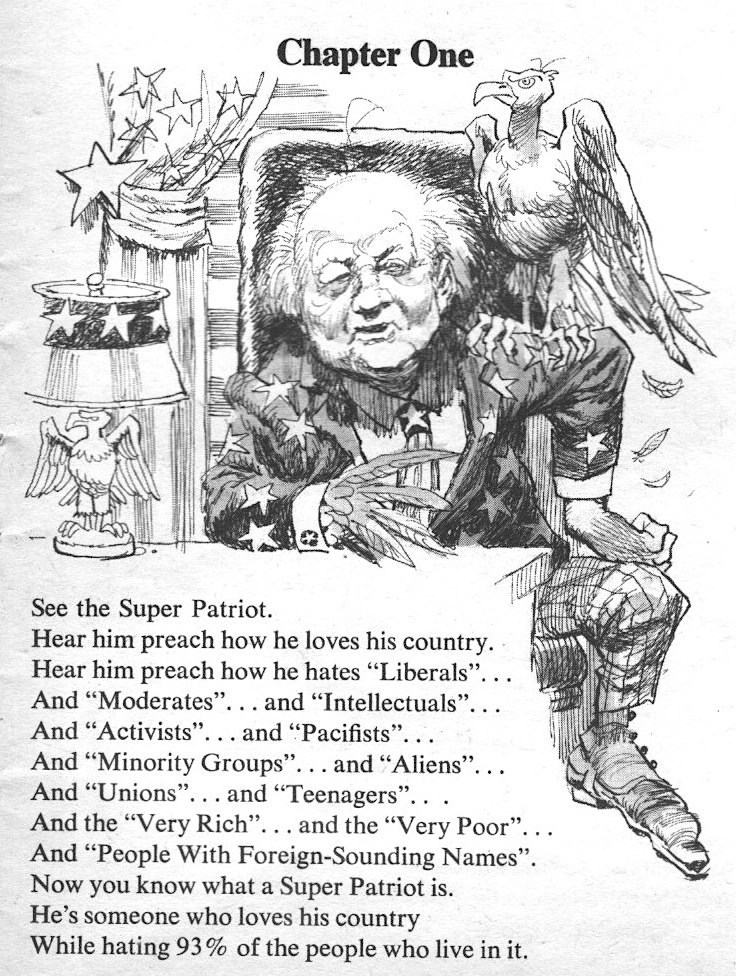In 1637, the Dutch Republic erupted into a speculative fever over an unlikely item...the tulip.
Tulip Mania has become a legend synonymous with market euphoria and bubbles. But is this tale all it's cracked up to be?
Who's up for a story?
👇👇👇
1/ The tulip is a spring-blooming flower native to the valleys of the Tien Shan Mountains in Central Asia.
It is believed to have been introduced to Europe in 1554, when an ambassador of the Holy Roman Emperor sent tulip bulbs and seeds to Vienna from the Ottoman Empire.
2/ Tulips gained in popularity as people were attracted to their rich color and ability to grow in sub-optimal conditions.
They soon became a coveted status symbol for the wealthy.
The Semper Augustus, with its colorful, flame-like streaks, was the most desired of them all.
3/ By the early 1600s, the Dutch Republic was entering a golden age.
Many financial innovations popped up during this time - the first stock exchange, for example.
But it was another financial innovation that would propel tulips into historical lore: the futures contract.
4/ As tulips grow slowly and may take several years to bloom, paper contracts were written that entitled the buyer to the future tulips.
These contracts were freely-traded.
So in addition to the physical market for tulip bulbs, a thriving paper market was established.

